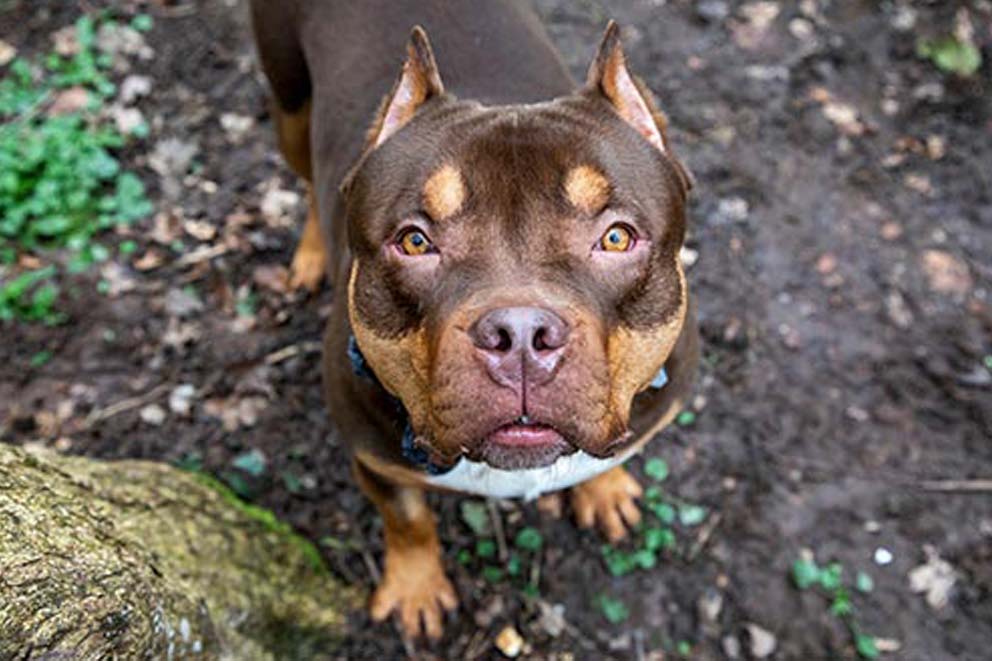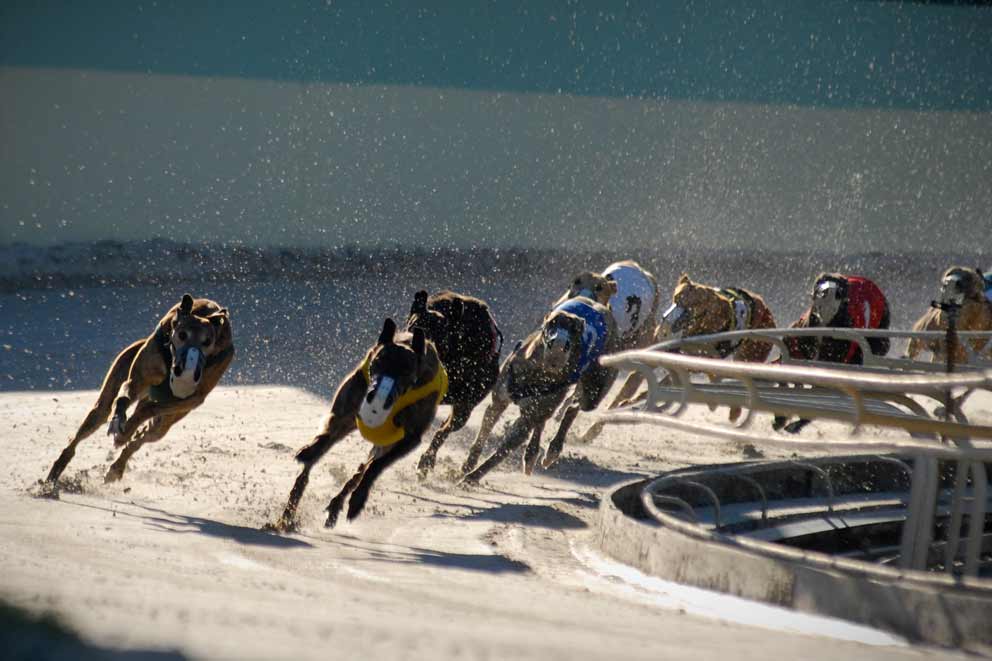Stop the rise of
flat-faced pets
Animals with flat faces (also known as brachycephalic) have been on the rise in recent years. They've become very popular among pet owners with ‘designer' breeds like French bulldogs. Social media, TV and other media have normalised the look, despite the fact that many of these animals suffer on a daily basis.
#SaveOurBreath
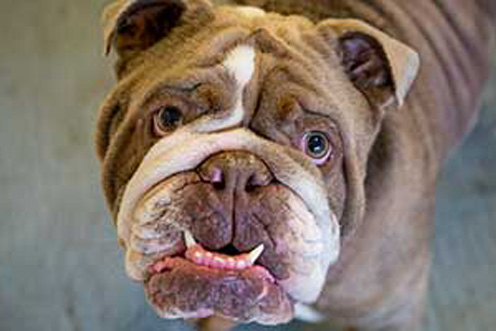
Raise awareness and get the UK Government to take action
We need to do something to save these breeds and protect generations of them to come. Brachycephaly is an animal welfare crisis, and you can start critical conversations by writing to your MP.
Enter your details below and send our pre-written email to your local MP.
Health problems with flat-faced animals
Although commonly associated with dogs, health issues associated with flat-faces are a growing problem with breeds of cats, rabbits and horses.
These issues can cause tremendous pain for any animal experiencing them. Cats and rabbits often don't show they're in pain in obvious ways. This means it could take time before owners notice that something is wrong, which could cause more suffering.
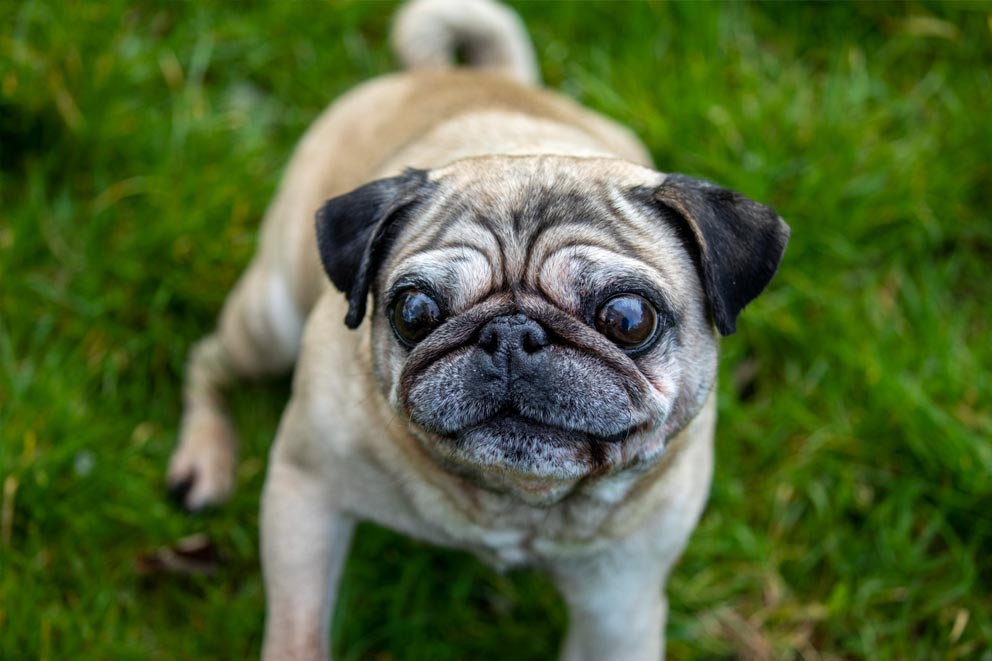
Dogs
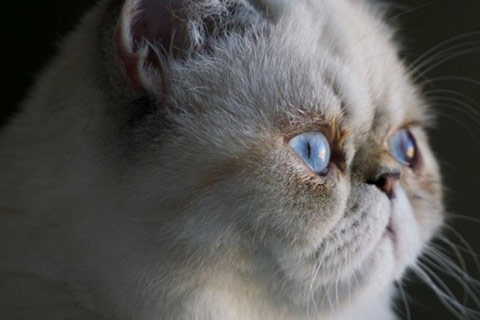
Cats
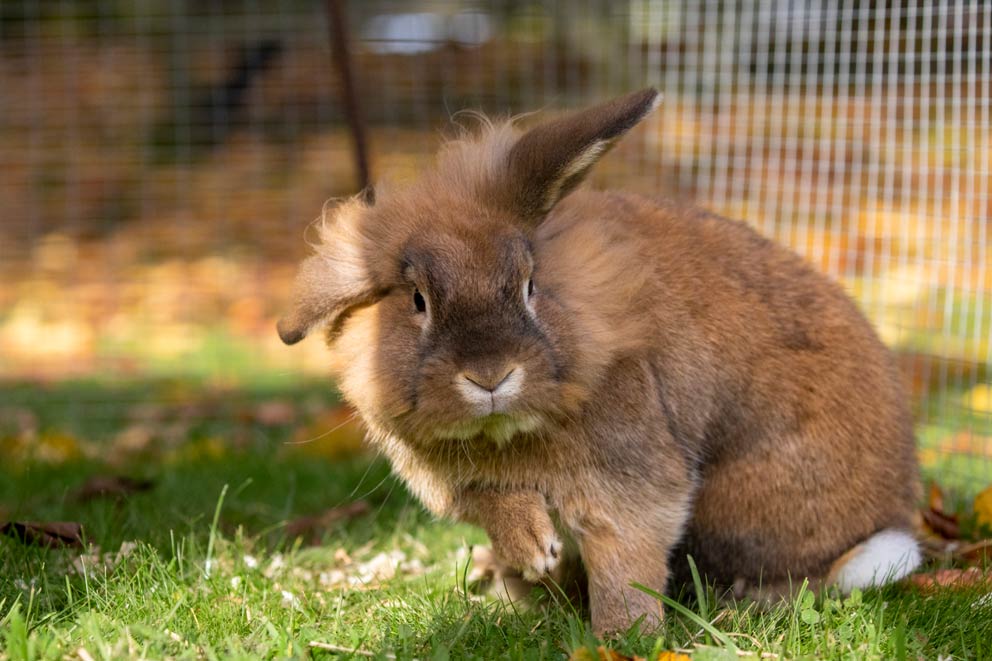
Rabbits
Breeding for extreme features has reached a crisis point — stronger action is needed to protect future generations.
Cost of living and the high cost of 'designer' breeds
The threat of cost of living also means animals will be paying the price for the way they've been bred, as owners may struggle to finance their treatments or surgeries. It's charities that will be left to pick up the pieces.
Report a concern
Worried about the welfare of a flat-faced pet? Use our online tool to report it quickly and get them the help they need.
England
- 03000 200 301
Wales
- 0300 303 8268

